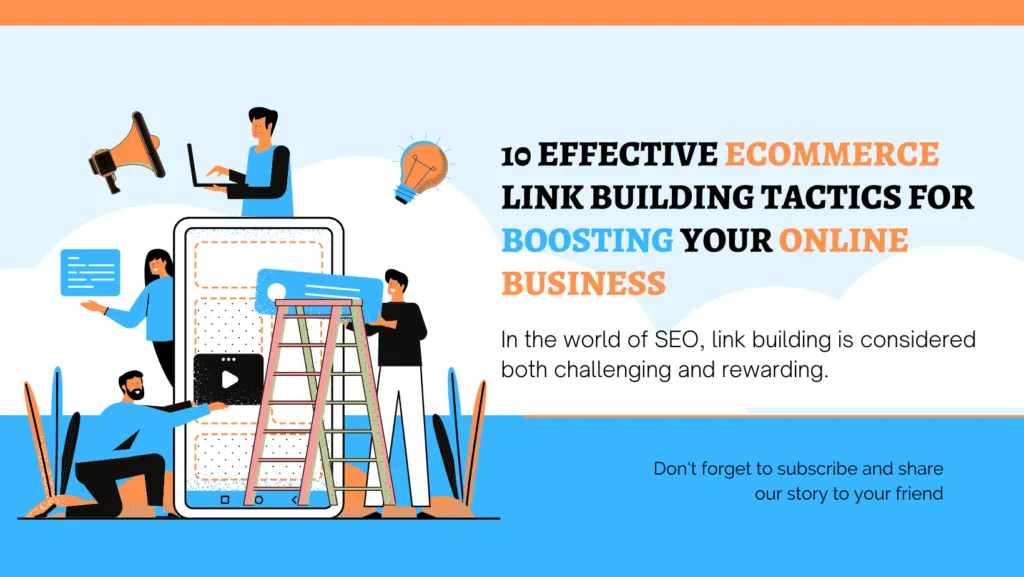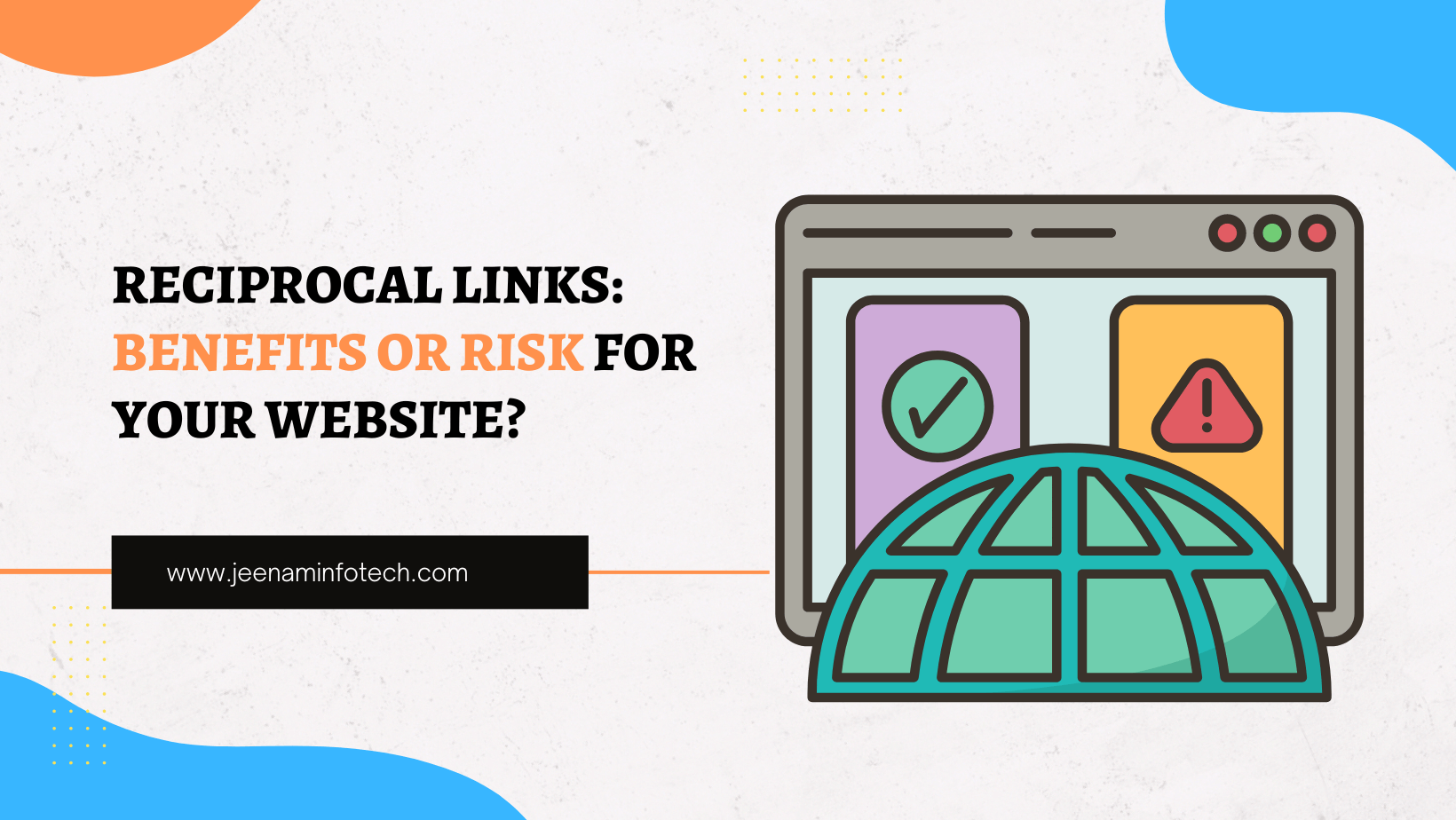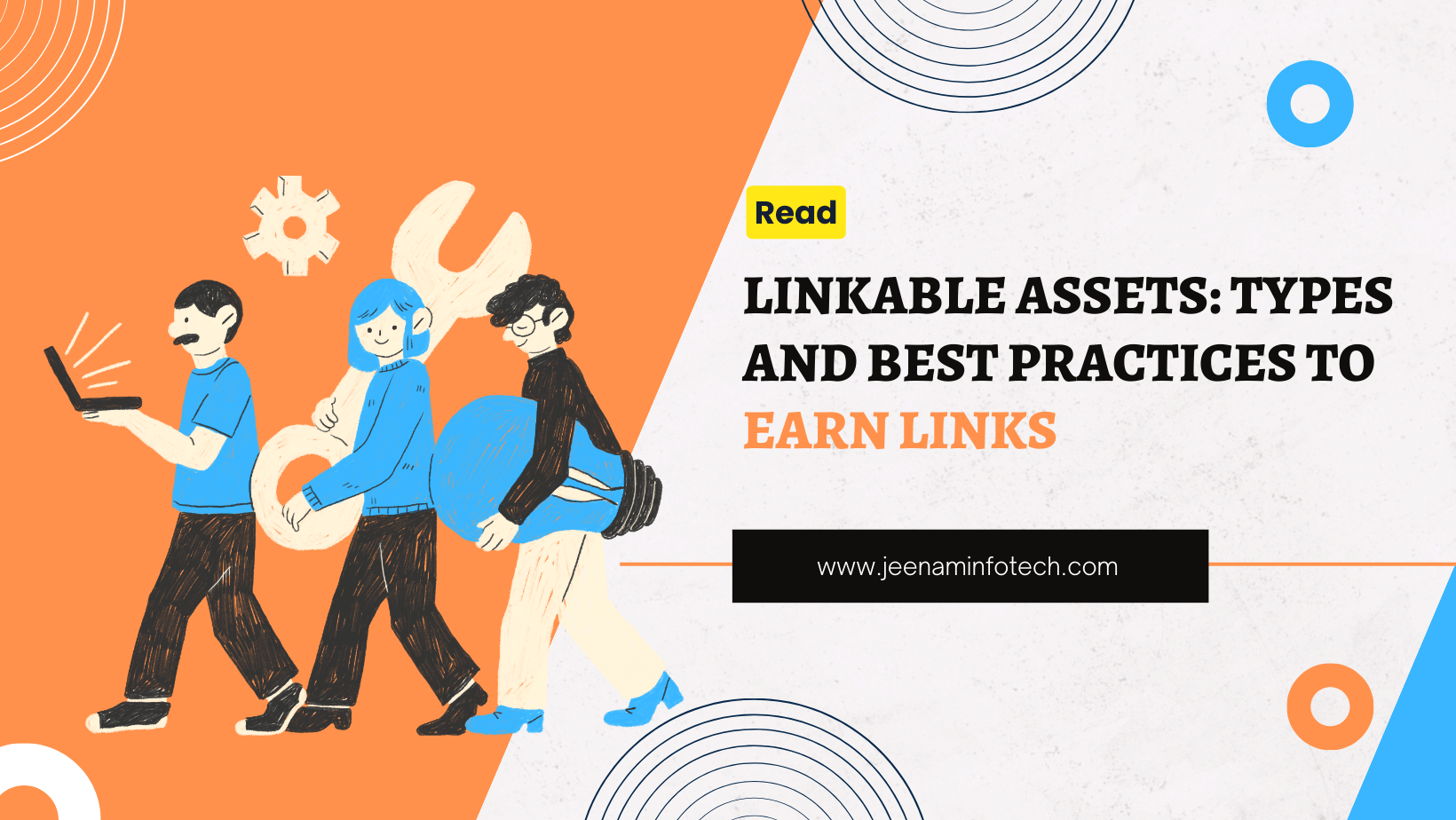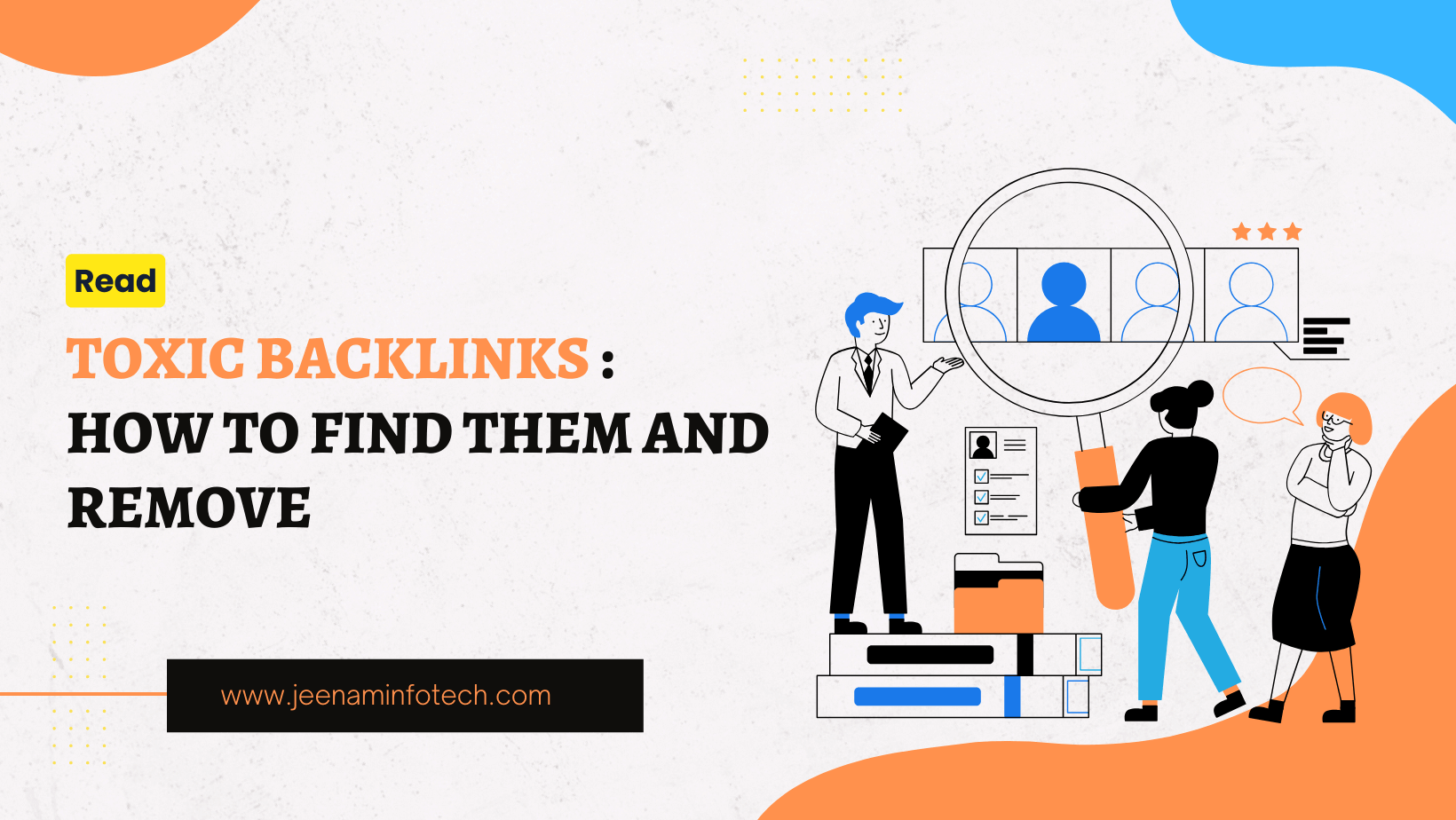Source : Hostgator.com
In the world of SEO, link building is considered both challenging and rewarding. It plays a crucial role in boosting the visibility of your landing pages and overall website. However, developing effective link building strategies requires a combination of content creation and outreach techniques. In this article, we will explore 10 proven ecommerce link building tactics that can help your online business succeed. From leveraging video marketing to building a community of brand ambassadors, these tactics will help you build quality links and engage your target audience.
1. Embrace Video Marketing
Source :Linkedin.com
Video marketing is a powerful tool for ecommerce businesses. It allows you to bring your brand’s products to life through walk-throughs, narratives, and instructional videos. Video content tends to rank well on Google, making it an ideal medium for link building.
To attract links and customers, create engaging video content related to your products. For example, if you sell fashion items, you can create videos on topics like “25 cool ways to lace your kicks” or “9 ways to wear men’s chinos”. Host these videos on platforms like YouTube and analyze the analytics to identify potential outreach opportunities. Reach out to relevant blogs and ask them to embed your video on their site, providing a better alternative to the YouTube ads.
Remember to include a followed attribution link beneath the video iframe embed to ensure proper link building.
2. Leverage Extreme Products to Build Buzz
Stocking and promoting extreme products can be an effective way to acquire links and generate buzz around your brand. These products have the potential to appeal to a mass audience and eschew traditional demographics.
Take inspiration from Wish.co.uk, who leveraged extreme experience products to build effective links and brand awareness. One of their most successful products was a ground-breaking Zombie paintballing experience. By building links around unique and extreme products, you can drive significant traffic to your website and generate social media interaction.
3. Use Influencers to Create Powerful Content Assets
Source : sproutsocial.com
Millennials, the dominant consumer demographic, are increasingly cynical of big brands and sponsored messages. This poses a challenge for ecommerce brands when it comes to link building. However, brands like ASOS have found a way to overcome this challenge by using influencers to create powerful content assets.
ASOS launched the ASOS Insiders campaign, empowering individual influencers to create content featuring their branded clothing. These influencers would post images on platforms like Instagram, accompanied by targeted links that encouraged customers to “buy the look”. The campaign resulted in natural links from fashion bloggers and sites, adding value to the consumer experience and reaching new demographics.
4. Create Shareable Product Features
Getty Images’ Embed campaign is a prime example of an effective link building campaign. They made around 50 million images freely embeddable on blogs and social media websites, allowing their products to be easily shared.
Instead of relying on external content to generate organic links, make your products shareable by making visually striking images embeddable. This allows your links to be shared beyond your own consumer network, driving more traffic and potential sales.
5. Provide Product Samples to Influential Bloggers
Source :mailchimp.com
Offering free product samples to influential bloggers in your niche can be a great way to secure coverage, drive traffic, engagement, and gain valuable backlinks. Research your competitors to identify bloggers they regularly work with and where their products have been reviewed. Tools like Ahrefs or Majestic can help identify bloggers who have linked back to your competitors.
For example, if you sell skincare products, search for reviews of similar products and identify bloggers who have reviewed them. Reach out to them and offer a free sample of your product in exchange for an honest review. Consider using traffic estimator tools like Ahrefs, SEMrush, or Similarweb to assess the influence of each blogger.
6. Use Integrated Content Marketing and Create a Compelling Blog
Google’s algorithms prioritize natural links, leading brands to focus on content as a key part of their link building strategy. To effectively funnel customers to your key product pages, integrate your content marketing strategy with an internal linking structure.
Your blog should serve as the center of this strategy, hosting relevant and high-quality content that can deliver authoritative links and act as a conduit to specific product pages. Take inspiration from J.Crew, whose blog features classic style, stunning photography, how-tos, styling advice, and behind-the-scenes looks at the world of high fashion.
7. Build an Entire Community of Independent Brand Ambassadors
As a start-up ecommerce brand, building a community of brand ambassadors can be an effective way to drive awareness and traffic to your website. Black Milk Clothing, a fashion brand, has successfully implemented this strategy by creating regional communities within its customer base.
Establish individual Facebook groups and social networks for each community, providing personalized content that includes links to new product launches and existing ranges. Empower your customers as brand ambassadors and give them the tools they need to help build and share organic links.
8. Collaborate with Other Brands and Websites
Collaborating with other brands and websites in your industry can be a mutually beneficial way to build links. Look for opportunities to guest post on relevant blogs or contribute to industry publications. This not only helps build links but also positions your brand as an authority in your niche.
Additionally, consider partnering with complementary brands for cross-promotion. By combining your efforts, you can reach a wider audience and build links through shared content and promotions.
9. Utilize Social Media Platforms
Social media platforms provide a wealth of opportunities for link-building. Share valuable and shareable content that includes links back to your website.
Encourage your followers to share your content and provide incentives for doing so. This can help amplify your reach and generate more backlinks from social media platforms.
10. Monitor and Analyze Your Backlinks
Source : brand24.com
To ensure the effectiveness of your link building efforts, regularly monitor and analyze your backlinks. Identify the sources of your backlinks, their quality, and relevance. Tools like Ahrefs, SEMrush, or Moz can help you track and analyze your backlink profile.
By monitoring your backlinks, you can identify opportunities for further outreach, identify any potentially harmful links, and make informed decisions to improve your link building strategy.
Conclusion :
Ecommerce link building tactics play a crucial role in boosting the visibility and success of your online business. By embracing video marketing, leveraging extreme products, using influencers, creating shareable product features, providing product samples to influential bloggers, integrating content marketing, building a community of brand ambassadors, collaborating with other brands and websites, utilizing social media platforms, and monitoring your backlinks, you can effectively build quality links and engage your target audience.
Implement these tactics, adapt them to your business, and consistently analyze and optimize your link building efforts to drive long-term growth for your ecommerce business.






